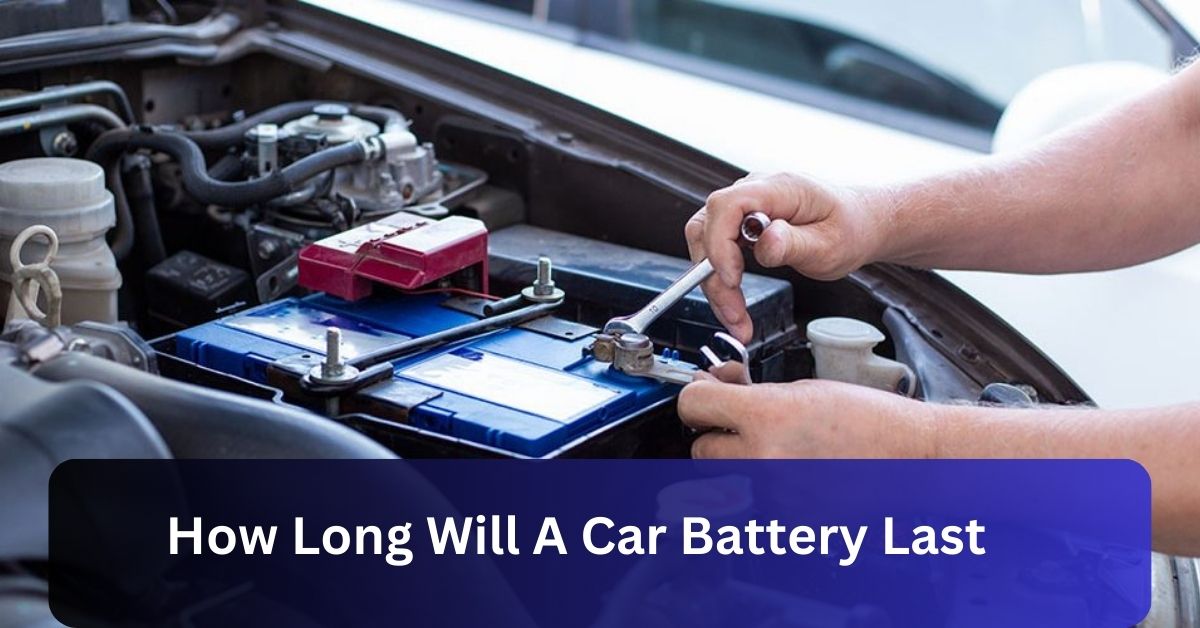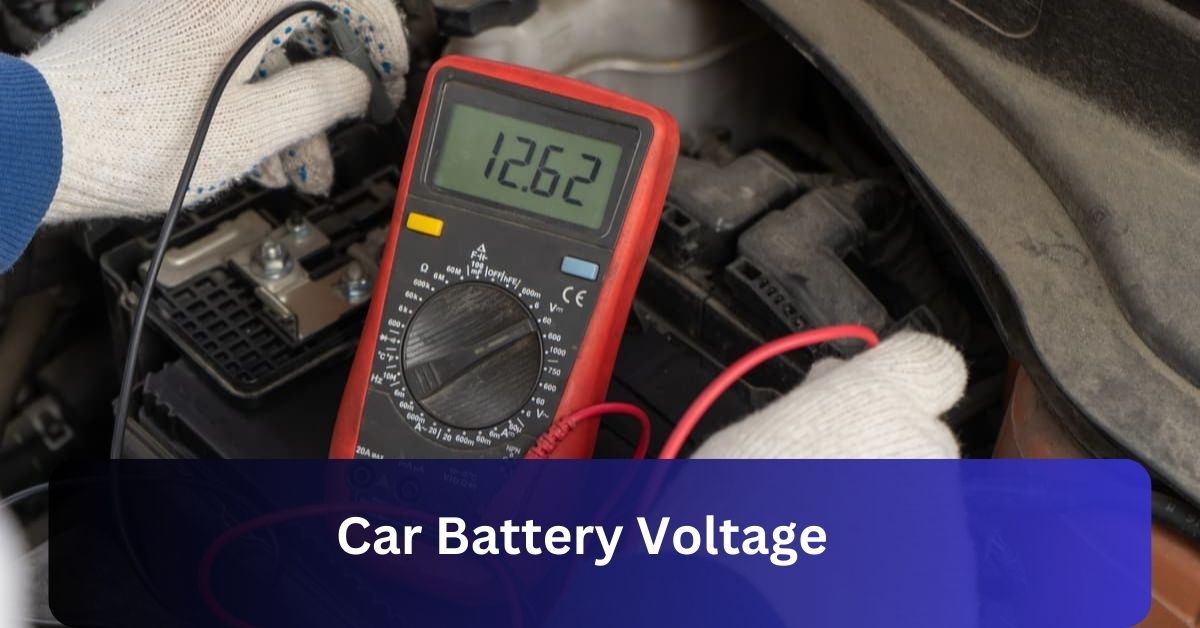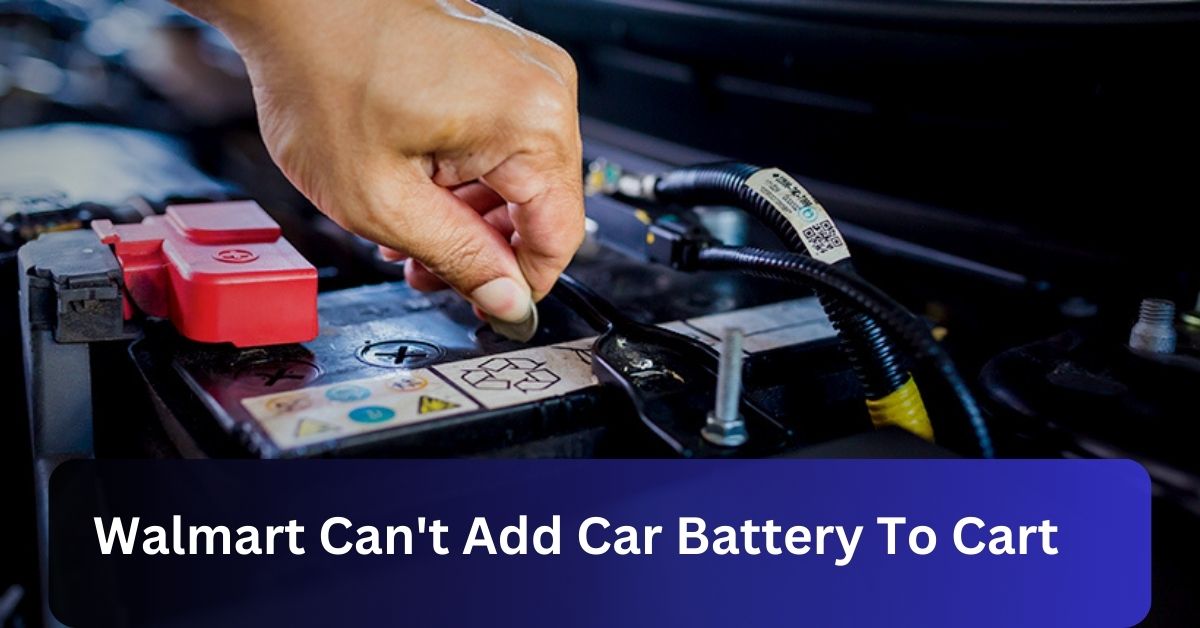Idling a car can charge the battery, but very slowly. When the engine runs idle, the alternator doesn’t produce much power. This means it won’t fully charge a dead battery. Driving at higher speeds charges the battery faster.
Does the Battery Charge if You Let the Car Idle?
Yes, the battery does charge if you let the car idle, but it’s not very effective. When the engine runs, the alternator generates electricity to recharge the battery.
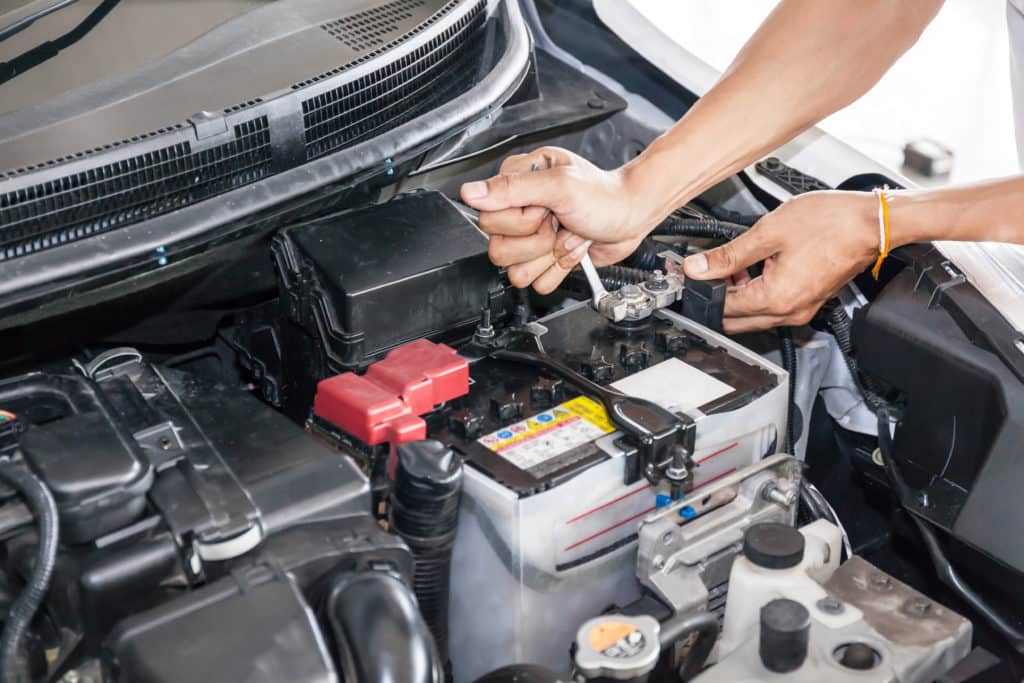
However, idling alone provides a slow and limited charge. Driving the car is much better for a quicker and more efficient charge, as it allows the alternator to work more effectively and restore the battery’s power.
How the Alternator Charges Your Car’s Battery?
The alternator is a device that recharges your car’s battery by converting the engine’s mechanical energy into electrical power. As the engine runs, the alternator spins and creates electricity.
This electricity flows to the battery, replenishing its charge and powering your car’s electrical systems. The alternator works efficiently When driving, providing a steady charge to the battery. At idle, it charges more slowly, making driving a better option for maintaining battery power.
How Long To Idle Car To Charge Battery?
Idling your car to charge the battery can take a long time. Typically, it might require 30 minutes to an hour of idling to see a noticeable increase in the battery’s charge.

However, this method is not very efficient. Driving the car is a faster and more effective way to recharge the battery, allowing the alternator to work at higher speeds and generate more power.
Can I Charge a Car Battery While Idling?
Yes, you can charge a car battery while idling, but it’s inefficient. Idling will provide some charge to the battery, but the process is slow compared to driving.
For a more effective charge, driving the car is recommended because it allows the alternator to generate more power and charge the battery faster.
Read Also: Is MagSafe Charging Bad For Battery – The Truth 2024/2025!
How Do I Charge My Car Battery Faster While Driving?
To charge your car battery faster while driving, keep the engine running at higher speeds. This means driving on highways or keeping the RPMs up when possible.
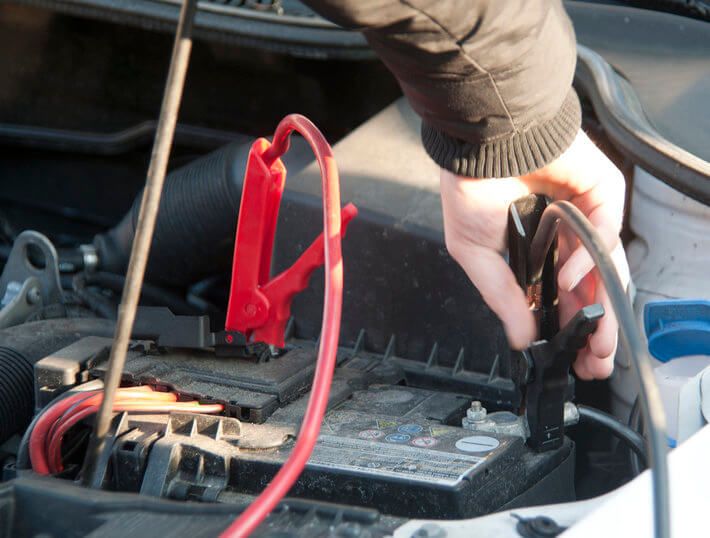
Higher speeds make the alternator work harder and generate more power, which charges the battery more quickly. Avoid frequent short trips, as they don’t give the alternator enough time to fully recharge the battery.
Types of Car Batteries:
There are several types of car batteries, the most common of which are lead-acid and lithium-ion. Lead-acid batteries are the most common, and they include flooded gel, and AGM (Absorbent Glass Mat) types.
Each type has unique features like maintenance needs and durability. Lithium-ion batteries are newer and lighter, offering better performance and longer life but are usually more expensive.
Battery Sizes and Specifications:
Car batteries also vary in size and specifications, including voltage and capacity. The size and type required depend on your vehicle’s make and model. It’s essential to choose the right battery size to fit your car and meet its power requirements.
Cold Cranking Amps (CCA) and Reserve Capacity:
Different batteries have varying Cold Cranking Amps (CCA) and reserve capacity. CCA measures a battery’s ability to start your car in cold weather, while reserve capacity indicates
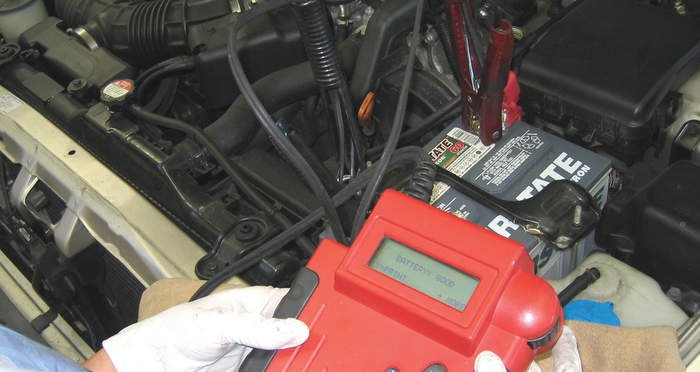
How Many Volts Are in a Fully Charged Car Battery?
A fully charged car battery typically measures around 12.6–12.8 volts. When the engine is running, this voltage increases to about 13.7 to 14.7 volts due to the alternator charging the battery.
Maintaining the battery within this voltage range ensures that it has enough power to start your car and run its electrical systems efficiently. If the voltage drops below these levels, the battery may need recharging or replacement.
How Much Do I Need to Drive to Fully Charge a Battery?
To fully charge a car battery, you usually need to drive for about 30 minutes to an hour. This amount of driving helps the alternator generate enough power to recharge the battery effectively.
Short trips may not provide enough time for a full charge, so longer drives are better for ensuring your battery gets the power it needs.
Read Also: Will Car Alarm Drain Battery – Amazing Car Look 2024!
How Do You Know When Your Battery Needs to Be Replaced?
You should consider replacing your car battery if you notice any of the following signs:
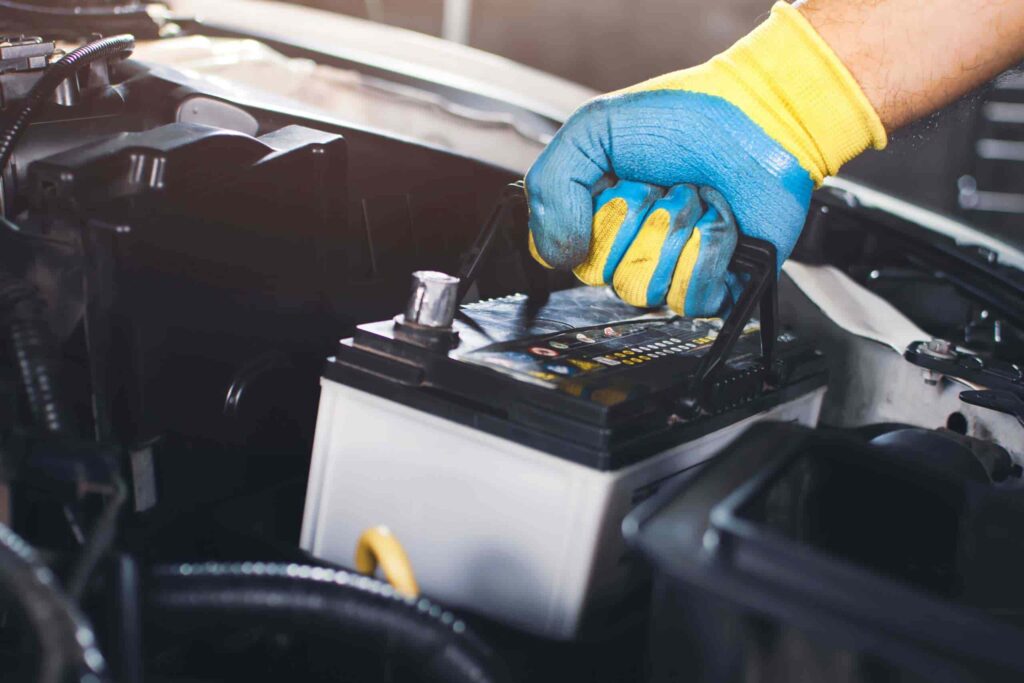
- Slow Engine Cranking: If the engine turns over slowly or struggles to start, the battery may be weakening.
- Dim Headlights: If your headlights are dim or flicker while driving, it could indicate a battery issue.
- Electrical Problems: Issues with electrical components, like the radio or power windows, may signal a failing battery.
- Warning Light: If the battery warning light on your dashboard illuminates, it’s time to inspect the battery.
- Age: Car batteries usually last three to five years. If your battery is old, it may be time for a replacement.
Frequently Asked Questions:
1. Can idling damage my car battery?
Idling itself does not damage the battery, but it is less effective at charging it compared to driving.
2. How often should I drive my car to maintain battery health?
Regular driving, at least once a week for 20-30 minutes, helps keep the battery charged and healthy.
3. What should I do if my car battery is not charging while idling?
If your battery isn’t charging while idling, check the alternator and battery condition. It could be time for a professional inspection.
4. Can using electrical accessories while idling affect battery charging?
Yes, using electrical accessories like air conditioning or radio while idling can reduce the amount of power available to charge the battery.
Conclusion:
Idling your car does charge the battery, but it’s slow and less effective than driving. For a quicker charge, drive your car regularly, ideally for 30 minutes to an hour.
This helps the alternator work better and keeps your battery in good condition. Regular driving is key to battery health.


